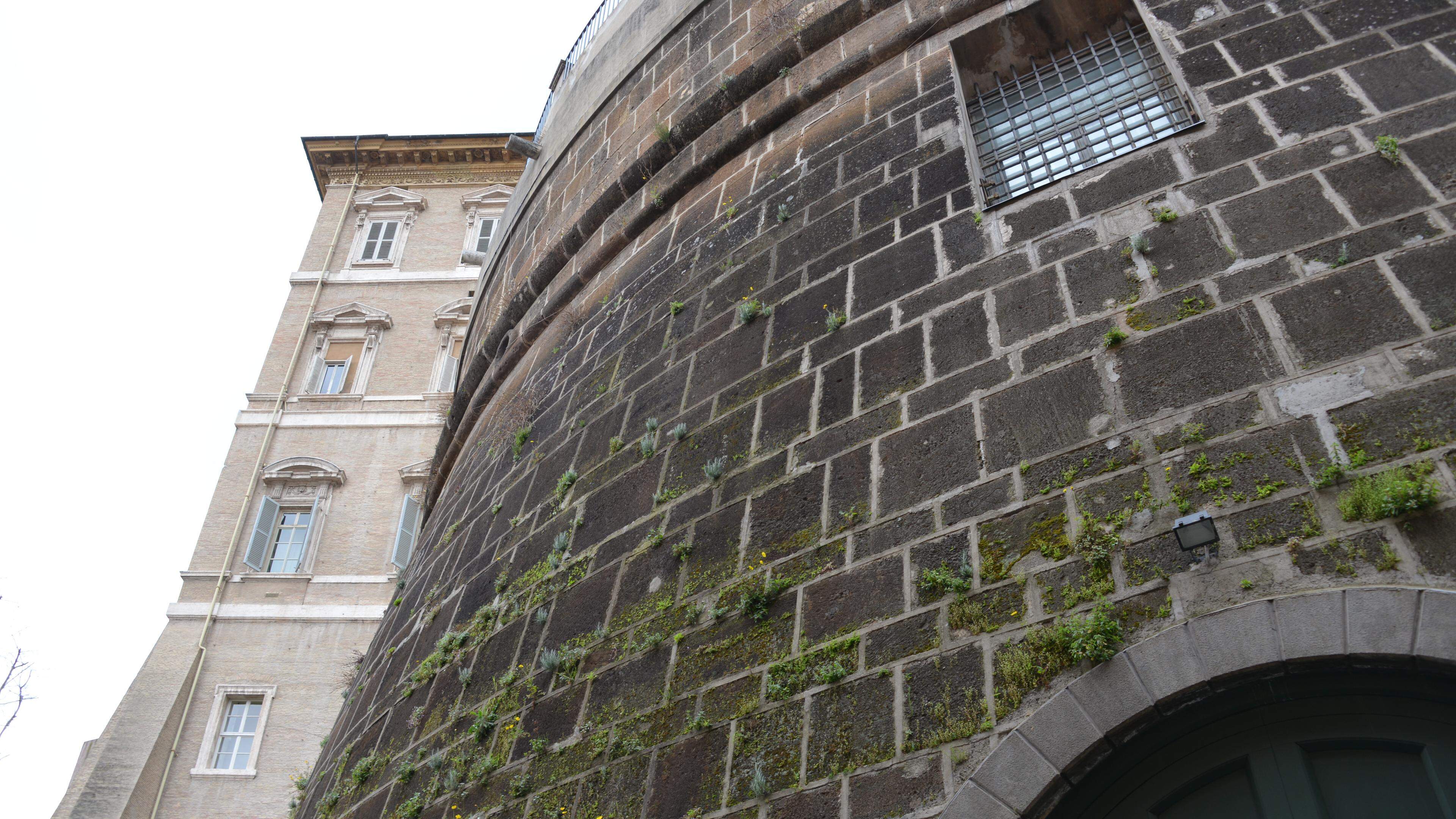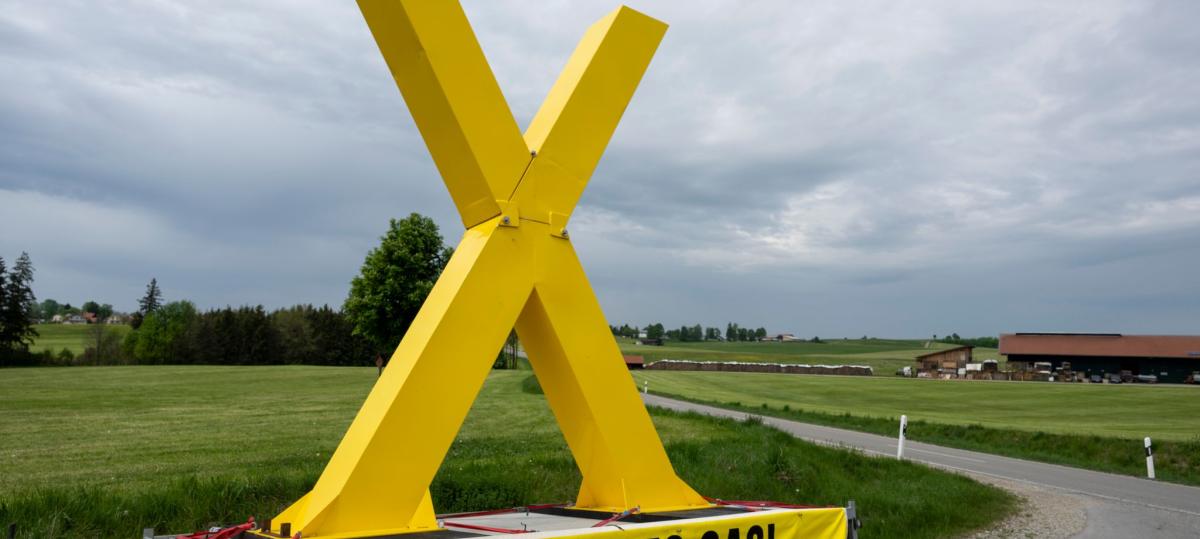Chatgpt: As much electricity as a second oven per request

According to the developer company Openai, a request with the CHATGPT AI software Chatgpt consumes as much electricity as well as a second oven operation. The water consumption per request was in a fifteenth of a teaspoon, wrote openai boss Sam Altman in a blog entry.
For years there have been warnings of escalating electricity requirements for wider use of applications with artificial intelligence. Even if individual inquiries should actually need less and less energy thanks to efficiency gains in chip and server technology, the mass of use is still ensuring that the power requirement for AI calculus centers.
Confident AI vision
Among others, Microsoft, Google and Amazon want to rely on nuclear energy in the USA. This should help to cover the energy requirement without increasing the emissions of the climate -damaging carbon dioxide.
Since the data centers have to be cooled, water consumption is also an issue. In recent years there have been several studies that attempted to calculate environmental impact on the increased use of artificial intelligence. But the researchers have to work with many assumptions.
Idea of a basic income
Altman provided his information in a blog entry in which he drawn a fundamentally positive picture of the future with artificial intelligence. There will be hard cuts, for example when entire categories of jobs are eliminated, he admitted.
« But on the other hand, the world will be so much richer » that one will be able to consider impossible policy ideas beforehand. In connection with artificial intelligence, the idea of a basic income has been discussed in recent years, which could be financed through productivity progress.
Chatgpt in the future with purchase advice
According to the Openai boss, an average Chatgpt request consumes around 0.34 watt hours. He put the water consumption at 0.000085 gallons (0.00032176 liters). Altman made no more detailed information on the basis for these calculations.







